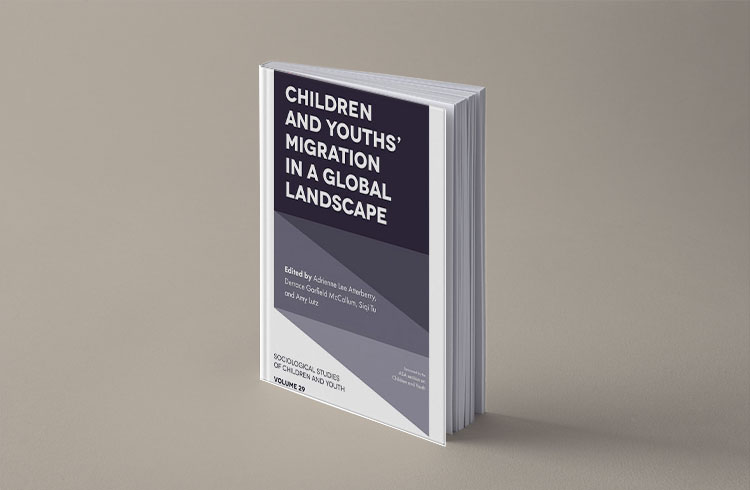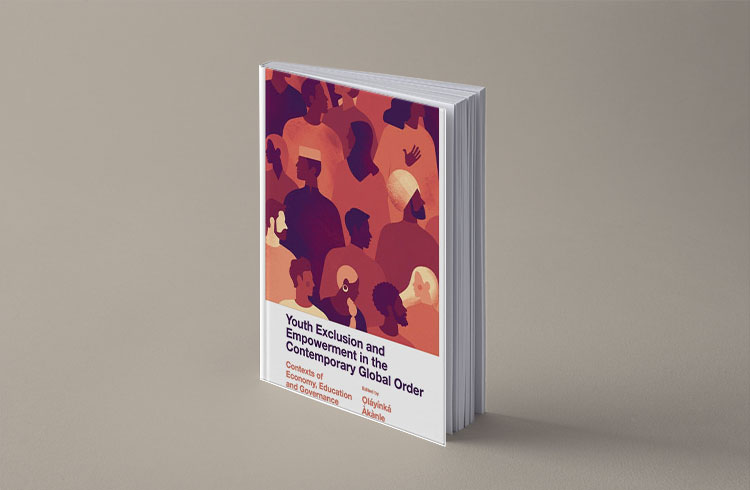Nowadays, in high-income countries such as the UK, France, and Spain, it is generally accepted that young people will be worse off in terms of wealth, job opportunities, and quality of life than their parents (Resolution Foundation, Intergenerational Commission Report, 2018), thus reversing the common expectations of generation-on-generation progress due to sustained economic growth and prosperity. Although intergenerational inequality has been building for some time, it has only recently gained traction with an ageing population driving financial pressures on younger generations, declining natural capital, and the rise of mental health issues among recent generations.
In her key editorial blog, Wendy Purcell, Goal Advisor for the Fairer Society, makes a call to action: start working now on building a Fairer Society for all our generations.
This mission showcases a selection of blog posts and videos highlighting intergenerational inequalities and suggesting ways to re-establish the balance for a more equitable landscape across generations. How can intergenerational fairness be achieved? Are "Baby Boomers" "stealing" the future of "Millennials" or is this merely a news headline myth masking the benefits of living and working together to create a fair and more inclusive society now and across all generations?
On this page
- Featured blogs
- Free access to our articles, author videos, blogs & podcast
- Different routes to publication
- Additional information
- Talk to us about your work
- Mission-led research – our goals
If you’d like to contribute to the discussion, or have research relating to fairness across generations, we’d love to hear from you, so please get in touch with us.
This mission is aligned with our Fairer society goal

Free access to our articles, author videos, blogs & podcasts

Different routes to publication
If you would like to contribute to the discussion, take a look at our different routes to publication and contact us to get involved.

Additional information

Promoting young professionals' wellbeing in the workplace
New study reveals the prevalence of work-related stress in young adults and recommends employers to support and promote emotional wellbeing at work.
Article: Rebuilding the workplace to promote young workers’ mental health
International Journal of Workplace Health Management
Find out more in this infographic
What's in the infographic
Promoting young professionals' wellbeing in the workplace
Work-related stress and associated mental health challenges are serious occupational health concerns, which have worsened during the COVID-19 pandemic.
People most affected by it are:
- Young/early career professionals
- Women
- Underprivileged
- Those with existing mental health issues
Common workplace stressors include:
- Role ambiguity
- Lack of autonomy
- Lack of support
- Long working hours
- Loneliness
- Excessive workload
How can the emotional wellbeing of employees in the workplace be improved?
Voluntary, anonymised online survey
- 199 respondents
- 200 UK-based organisations
Age was the most significant indicator of mental health difficulties in the workplace
People aged 16-29 reported:
- More work-related stressors affecting their mental health
- Their mental health difficulties could affect work performance
- Physical illness in lieu of mental health difficulties for absence from work as they felt this was more acceptable
- They had witnessed colleagues being fired/demoted due to mental health difficulties
To improve mental health in the workplace, focus should be on:
- Adopting organisation-wide mental wellbeing programmes—wellbeing is everyone's responsibility
- Providing targeted and proactive support for vulnerable groups
- Fostering spaces for positive social interactions and experiential learning (e.g. mentoring)
- Encouraging flexible hours, taking control of one’s diary, having role clarity, and feeling valued
- Developing coping strategies and resilience mechanisms across the workforce
- Further research on therapeutic mechanisms in the workplace
Effective support strategies to promote wellbeing in the workplace are crucial, particularly for early career professionals.
Rebuilding the workplace to promote young workers’ mental health
International Journal of Social Economics
Parry et al. (2022) DOI: 10.1108/IJWHM-10-2021-0188

Marketing retirement housing as aspirational and not a sign of crisis
Louise Drew, Partner & Head of Building Communities, Shakespeare Martineau, Stratford-upon-Avon, UK
We conducted consumer research with more than 2,000 adults and more than 100 representatives from retirement housing providers from across the UK to identify the ‘perception gap’ and gathered high-profile representatives from across the retirement housing sector to discuss the data.
Talk to us about your work
We really welcome insights not only from researchers but practitioners too about their work.
If you would like to contribute to the discussion, or you are working on research in areas related to fairness across generations, please let us know by filling in this form.

















